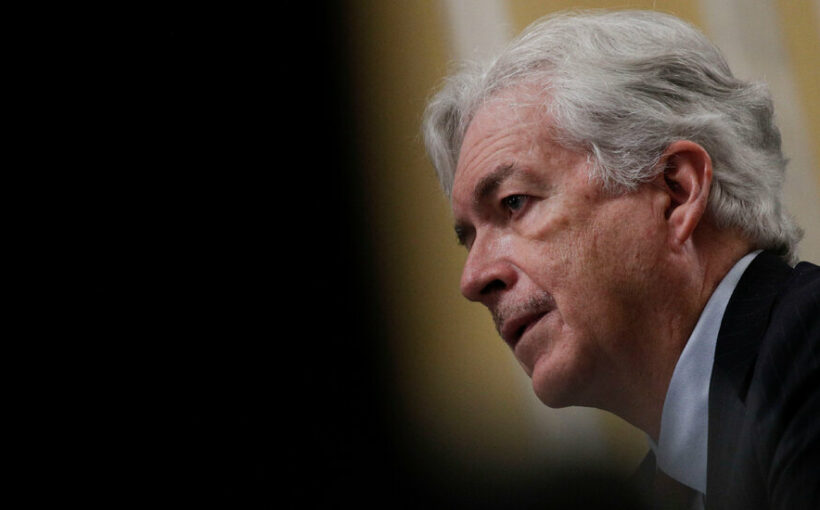William J. Burns, a veteran diplomat, has vowed to rebuild morale at the C.I.A. after it deteriorated during the Trump administration and to intensify its spying on China.
By Julian E. Barnes
WASHINGTON — The Senate approved William J. Burns on Thursday as director of the C.I.A., placing a veteran diplomat in charge of rebuilding morale battered during the Trump administration and focusing more intelligence resources on China.
Mr. Burns was approved by unanimous consent in the Senate without a roll-call vote.
A former ambassador in Russia and Jordan and a senior State Department official, Mr. Burns, 64, is the only career diplomat chosen to lead the C.I.A. (George Bush had served as United Nations ambassador and as the top diplomat in China before becoming the agency’s director.)
During Mr. Burns’s long career, he earned a reputation for careful analysis of national security and foreign policy problems, a talent that helped prompt President Biden to tap him for the C.I.A. post.
But strong ties to Mr. Biden and his team may well be Mr. Burns’s most important attribute. Former C.I.A. officials say other outsiders with little direct intelligence collection experience but close links to the White House, like Leon Panetta, were effective directors. A “close and trusting relationship with the president” helps a C.I.A. director win the president’s ear, said John McLaughlin, a former deputy director of the agency.
Mr. Burns won unanimous, bipartisan backing from both Democrats and Republicans on the Senate Intelligence Committee, but a confirmation vote by the full Senate vote was delayed after Senator Ted Cruz, Republican of Texas, put an unrelated hold on the nomination. Mr. Cruz is seeking tougher sanctions on companies involved with a project to build a pipeline between Russia and Germany. He lifted that hold on Thursday after Secretary of State Antony J. Blinken issued a statement that said “any entity involved” in the pipeline project should stop that work or risk American sanctions.
China dominated much of Mr. Burns’s confirmation hearing last month. He identified it as the most urgent foreign policy challenge for the agency and said he would invest in new technology to improve intelligence collection and language training for more C.I.A. officers.
Source: Read Full Article


